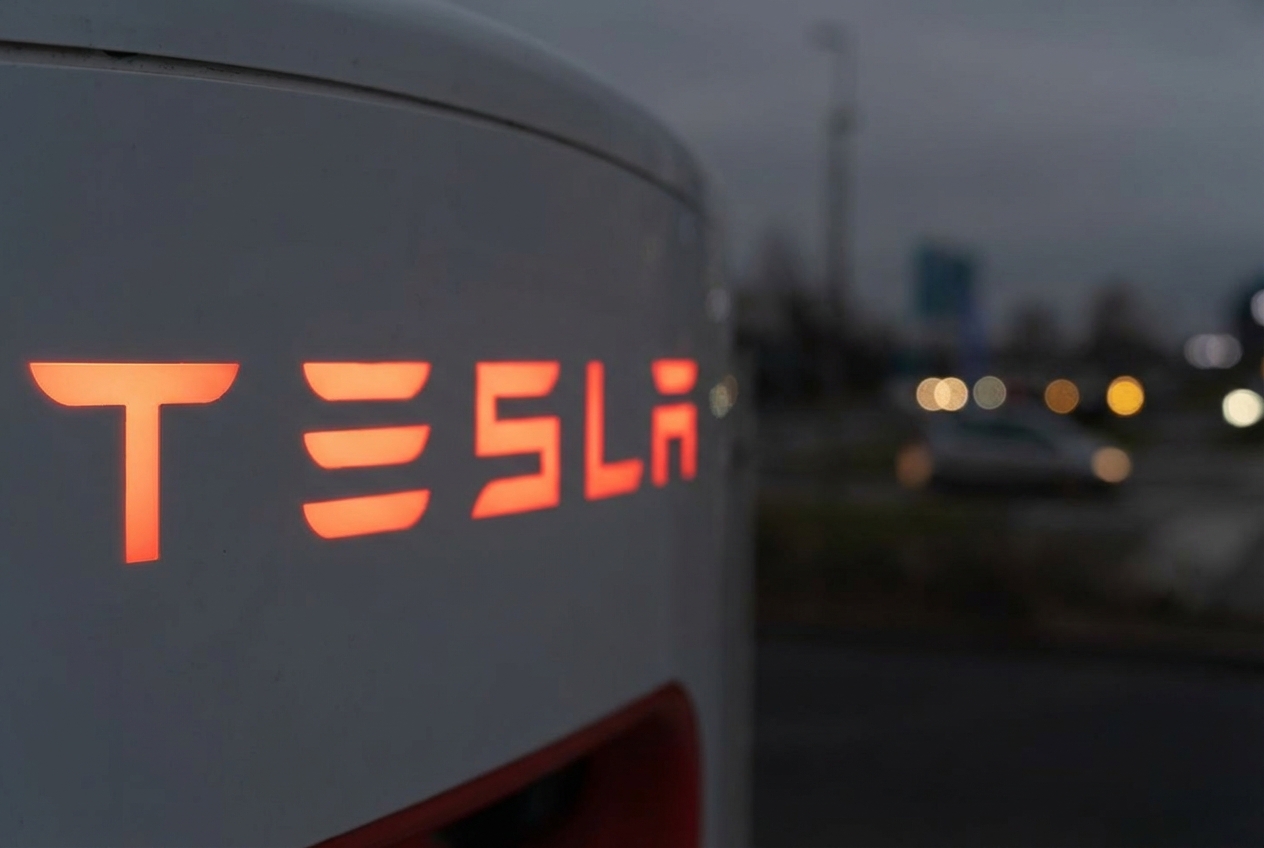Ética de la IA: ¿dónde está el límite?
Ética de la IA

Joe Franklin
Associate Data Literacy and Essentials Manager, DataCamp
La paradoja de la privacidad y la personalización
- La IA personaliza las experiencias de los usuarios, mejorando su atractivo
- La paradoja de la privacidad y la personalización
- La personalización puede poner en peligro la privacidad de los usuarios
- Solución:
- Alfabetización en IA
- Políticas de privacidad claras
- Ejemplo: Spotify

El dilema entre sesgo y equidad
- El dilema entre sesgo y equidad:
- La IA aprende de datos que pueden contener sesgos sociales
- Resultado:
- La IA puede aumentar involuntariamente estos sesgos
- Ejemplo:
- Primeras versiones de ChatGPT
- Solución:
- Entrenar modelos de IA con datos más justos y sin sesgos

La solución de compromiso entre transparencia y complejidad
- Solución de compromiso entre transparencia y complejidad:
- Los modelos complejos de IA carecen de transparencia, pero son muy exactos


- Los modelos más sencillos son más transparentes, pero menos exactos
- La alfabetización en IA es fundamental para la comprensión y la ética
1 Icono realizado por Freepik a partir de www.flaticon.com
El dilema entre autonomía y control
Dilema entre autonomía y control:
- La IA puede actuar de forma autónoma, pero podría actuar sin control humano
Pregunta:
- ¿Debemos priorizar la autonomía o el control?
- No hay una respuesta válida para todos los casos
- ¿Debemos priorizar la autonomía o el control?
- Ejemplo:
- El sistema Piloto automático de Tesla destaca la vigilancia y la disposición del conductor para tomar el control

Resolver los retos
- Resolver los dilemas éticos de la IA requiere soluciones de compromiso cuidadosas
- Importancia del elemento humano en la toma de decisiones
- Esforzarse por tomar mejores decisiones en situaciones complejas
- Necesidad de participación de diversas partes interesadas y de supervisión continua de la IA
¡Vamos a practicar!
Ética de la IA

